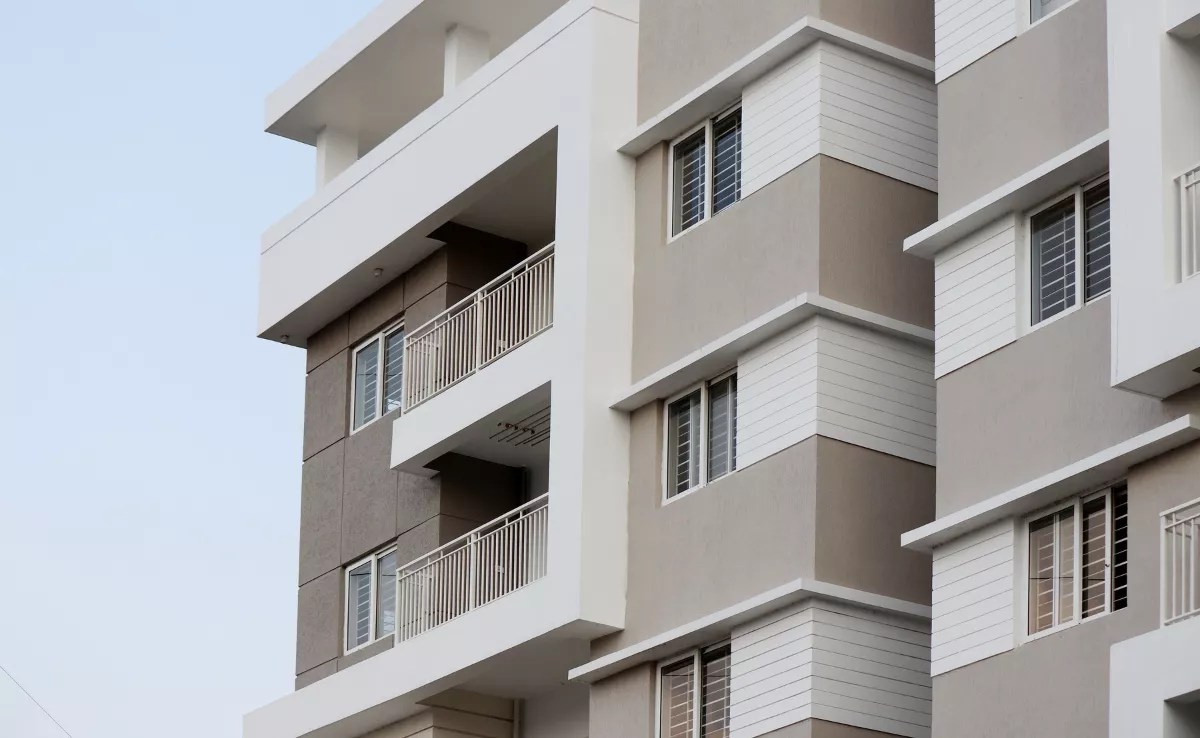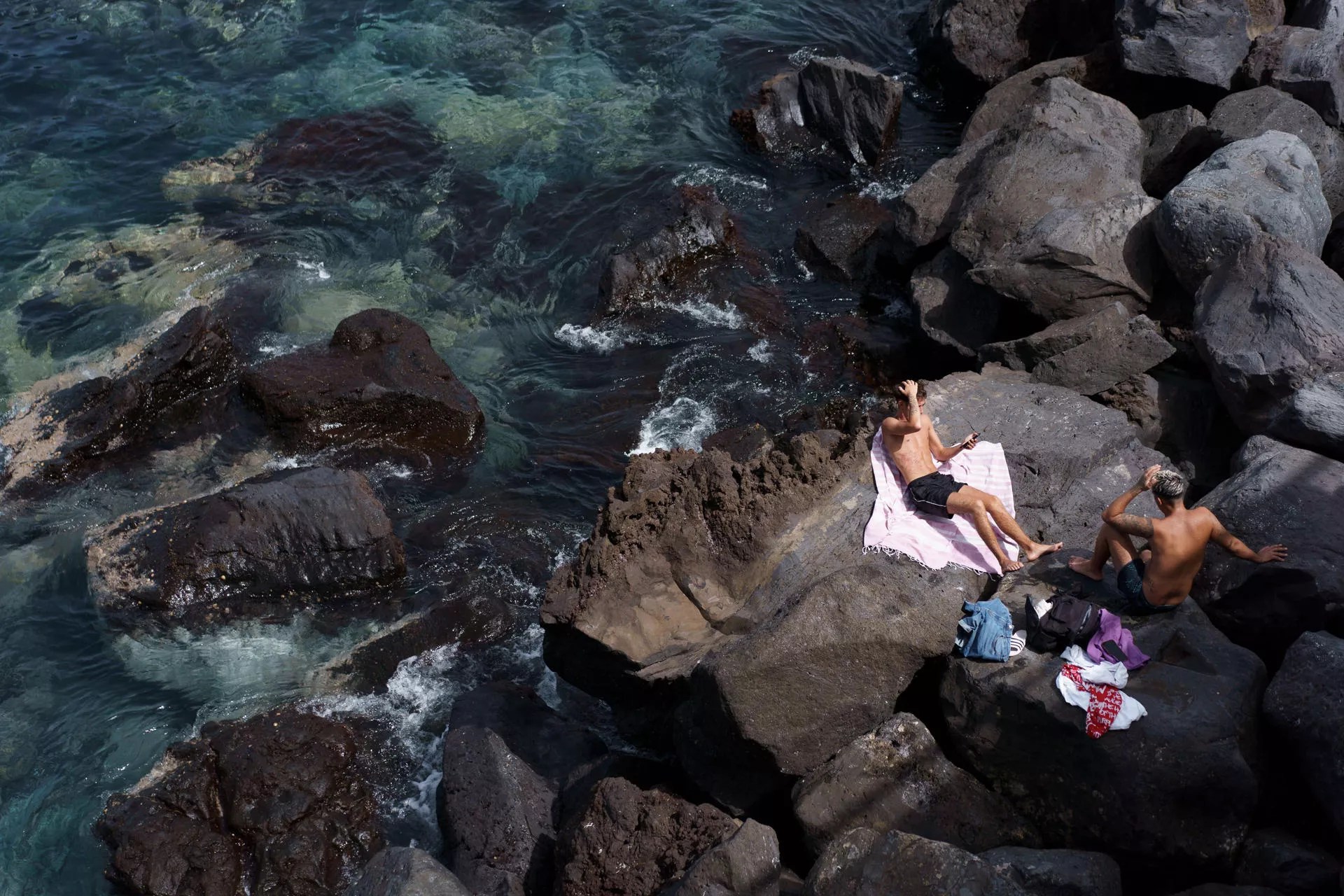The government of Tenerife’s Cabildo (CC-PP) stood by its proposal to implement a tax for accessing and enjoying protected natural spaces, rejecting the PSOE’s suggestion to tax overnight stays for tourists, which they argue is not an “ecotax” but simply a tax. These statements were made by island president, Rosa Dávila, during an extraordinary plenary session called upon by the PSOE to discuss the differing proposals. Dávila raised concerns about how the PSOE intends to differentiate between residents and non-residents in the tax, highlighting the importance of non-discriminatory taxation. She also emphasised that the revenue from the proposed tax may lack a definite purpose, unlike the Cabildo’s proposed tax rate which could offer more flexibility, including the potential to differentiate based on tourist residency or age, or the specific natural space being visited.
She criticised the PSOE for lack of transparency regarding their proposal, failure to implement such a measure during their previous term in government, and not bringing it up in recent working groups focusing on taxation and tourism under the Canary Islands Government. Dávila also underscored the autonomy of the Islands in making decisions on indirect taxation suitable for the Canary Islands’ economic environment. She pointed out that in 2023, tourism turnover in the Canary Islands totalled 19 billion Euros, with 1.33 billion Euros in IGIC (Canary Islands General Indirect Tax) collected. For Tenerife, tourism turnover amounted to 7.6 billion Euros, with 530 million Euros collected in IGIC. Dávila highlighted that a mere half-percentage increase in IGIC on Tenerife could generate an additional 38 million Euros.
Emphasising the need for a calm and thorough debate, Dávila mentioned that the President of the Canary Islands Government had encouraged such discussions to take place. In response, the President of the PSOE group in Cabildo, Pedro Martín, argued that their proposal does not impact residents but rather targets tourists visiting the Canary Islands. He defended their proposal as a fair way for all tourists to contribute towards preserving natural spaces, contrasting with the Cabildo’s approach which may only affect those visiting specific natural areas like national parks.
Audiovisual Industry
Following the taxation debate, a second extraordinary session was convened to address the progress of the Imagine Green Studios Cultural and Audiovisual Complex project, declared of island interest in June last year. The project aims to establish a significant film and television studio complex in Adeje. Rosa Dávila informed the plenary that the environmental evaluation commission of Tenerife had recently recommended following the standard procedure for strategic environmental assessment, which may involve urbanisation requirements for the project. While stressing the importance of infrastructure for the audiovisual sector, Dávila acknowledged the procedural necessities and remained optimistic about the project’s future.
While some voices within the Cabildo proposed streamlining the processing, the decision was made to proceed with the ordinary procedure, extending the timeline. Nonetheless, the commitment to support the project within the framework of current legislation remains firm. Criticising the perceived lack of political drive to advance the project, Pedro Martín from the PSOE expressed concerns about potential setbacks due to delays in the processing.
















